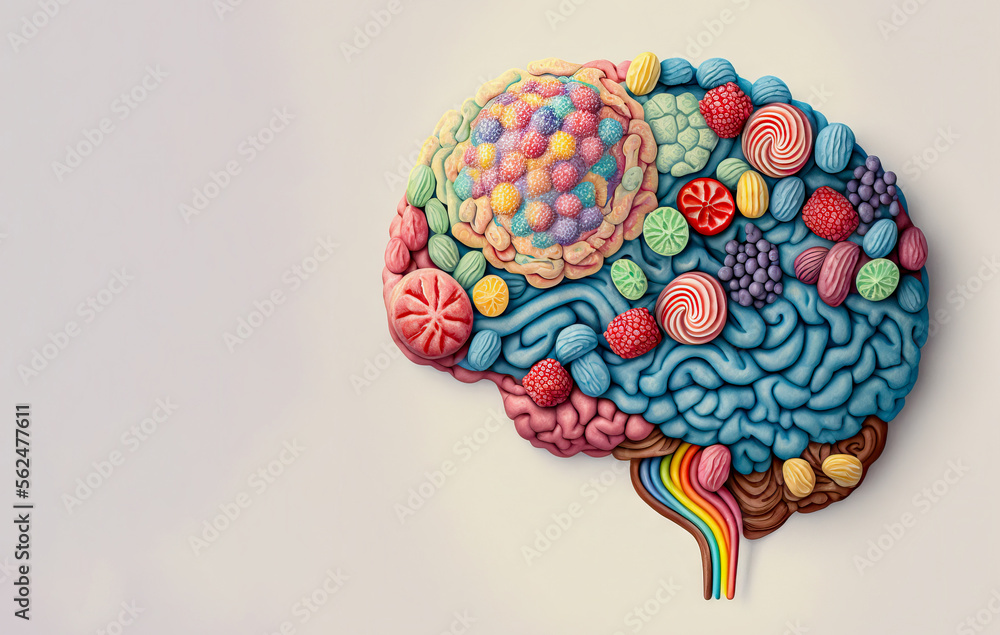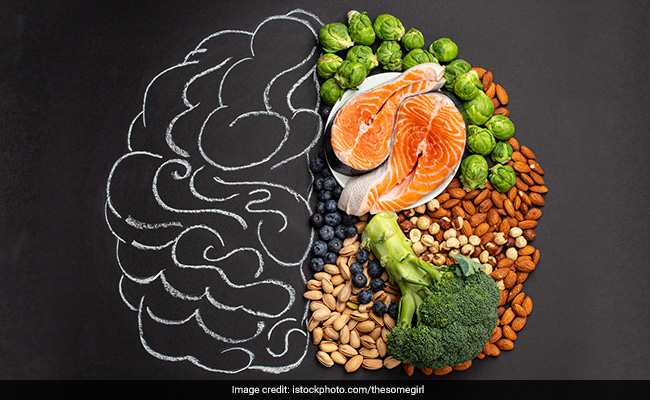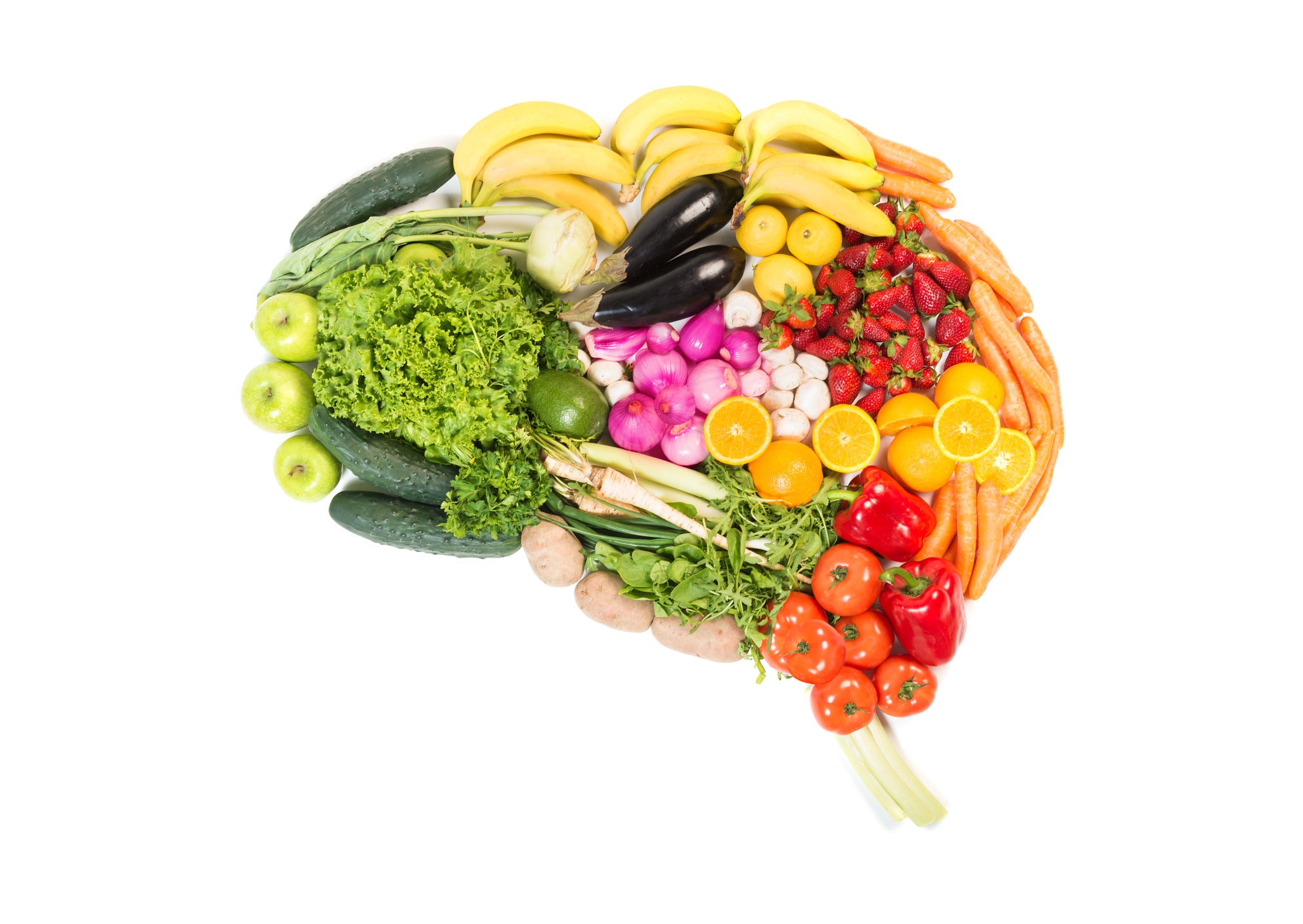Sugar, Fat and Your Brain
How sugar and fat affect your brain
Much of our food is increasingly manufactured to be irresistible to us. Experts say this trend has long-term health consequences.

We often think of smoking and drinking when it comes to addiction but there’s another compulsion affecting as many as 14 percent of adults and even 12 percent of kids: food addiction.
Indulgent dishes enticing us with fat and sugar can feel impossible to avoid, especially during the holidays. Experts confirm it’s more than a feeling: Half a century of food trends has created an environment where more than half the food consumed by American adults is ultraprocessed, often optimized to hit the body’s fat and sugar sensors to release dopamine.
These processed food products capitalize on our biology to keep us reaching for more. “We don't realize that these are really killing people on par with what we're seeing with things like alcohol and tobacco, leading to preventable deaths,” says Ashley Gearhardt, an associate professor of psychology at the University of Michigan and a member of a research team that assessed the latest figures for the prevalence of food addiction in March 2022.
Experts are rewriting what we know about food addiction and asking new questions about what we can do to curb it—and save lives.

What food does to our brains
Food affects our brains in many complex ways, and one particularly important response is the release of dopamine, a neurotransmitter. Like addictive drugs, eating food releases dopamine. Contrary to popular belief, dopamine doesn't increase pleasure. It encourages us to repeat behaviors that help us survive like eating nutritious food and reproducing. The more dopamine that’s released, the more likely we’ll repeat that behavior.
When we eat fat and sugar, sensors in the mouth send a message to release dopamine in the striatum, a section of the brain associated with movement and rewarding behavior. But that oral sensory process is only part of the story, says Alexandra DiFeliceantonio, an assistant professor at Virginia Tech’s Fralin Biomedical Research Institute. There’s also a secondary sensor in the gut that registers fat and sugar, signaling the brain to release dopamine in the same region.
)
Although researchers are still mapping out how exactly the presence of sugar is signaled from the gut to the brain, the way that fat is signaled from the gut to the brain has been well documented. When fat is detected in the upper intestine, the message is carried up the vagus nerve (which controls several unconscious functions like digestion and breathing) through the hindbrain to the striatum.
Foods rich in fat and sugar can increase dopamine in the striatum as much as 200 percent above normal levels a similar bump to what’s observed with nicotine and alcohol, the two most common addictions in the U.S. Specifically, one study found sugar increased dopamine levels by 135 to 140 percent, and fat increased them by 160 percent in another study, although it takes longer to kick in. Other drugs work very differently cocaine can triple normal dopamine levels while methamphetamine can multiply normal dopamine levels 10 fold.
How the food we eat has changed
As we learn more about how food affects our brains, it has become increasingly manufactured to be irresistible to us. Our bodies are inundated with foods that have higher concentrations of certain nutrients, like fat and sugar, and more combinations of nutrients than ever before. These are combined with sensory properties like a pleasingly smooth and velvety ice cream that make eating more enjoyable than ever.
Traditionally, humans made food with whole foods: for example, pie crusts were made from flour and butter. In contrast, industrially processed foods are composed of substances extracted from foods, like starches and hydrogenated fats. Additives like artificial flavors, emulsifiers (which keep oil and water mixed together), and stabilizers (which preserve the structure or texture of food) make food more appealing but ultimately to our own detriment.

Experts like DiFeliceantonio believe we should make the distinction between highly processed foods and those made from scratch. Being aware of those differences is the first step in avoiding a long list of diet-related health issues.
“We've been eating homemade versions of cakes, cookies, and pizzas for a very long time. But, it wasn't until the rise in production of ultra-processed foods in the 1980s that we've seen this increase in diet-related mortality and disease,” DiFeliceantonio says.
Source
https://www.healthline.com/nutrition/worst-foods-for-your-brain#:~:text=Your%20diet%20definitely%20has%20a,such%20as%20Alzheimer's%20and%20dementia.
https://www.healthpartners.com/blog/food-for-the-brain/
https://www.health.harvard.edu/blog/nutritional-psychiatry-your-brain-on-food-201511168626
https://hms.harvard.edu/news-events/publications-archive/brain/sugar-brain
https://www.verywellmind.com/how-sugar-affects-the-brain-4065218
https://www.texasinstituteforneurologicaldisorders.com/uncategorized/effects-high-sugar-diet-brain/





































